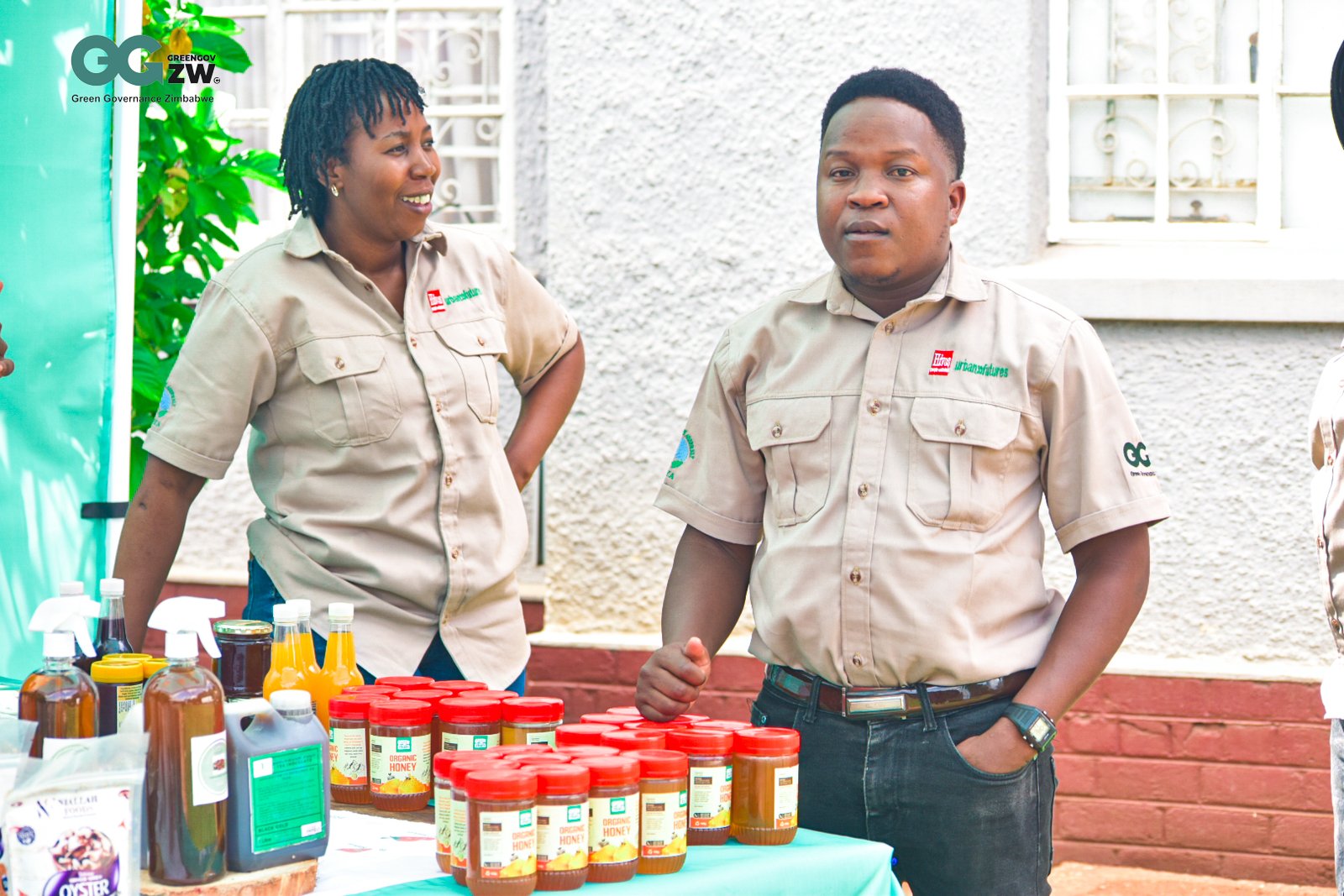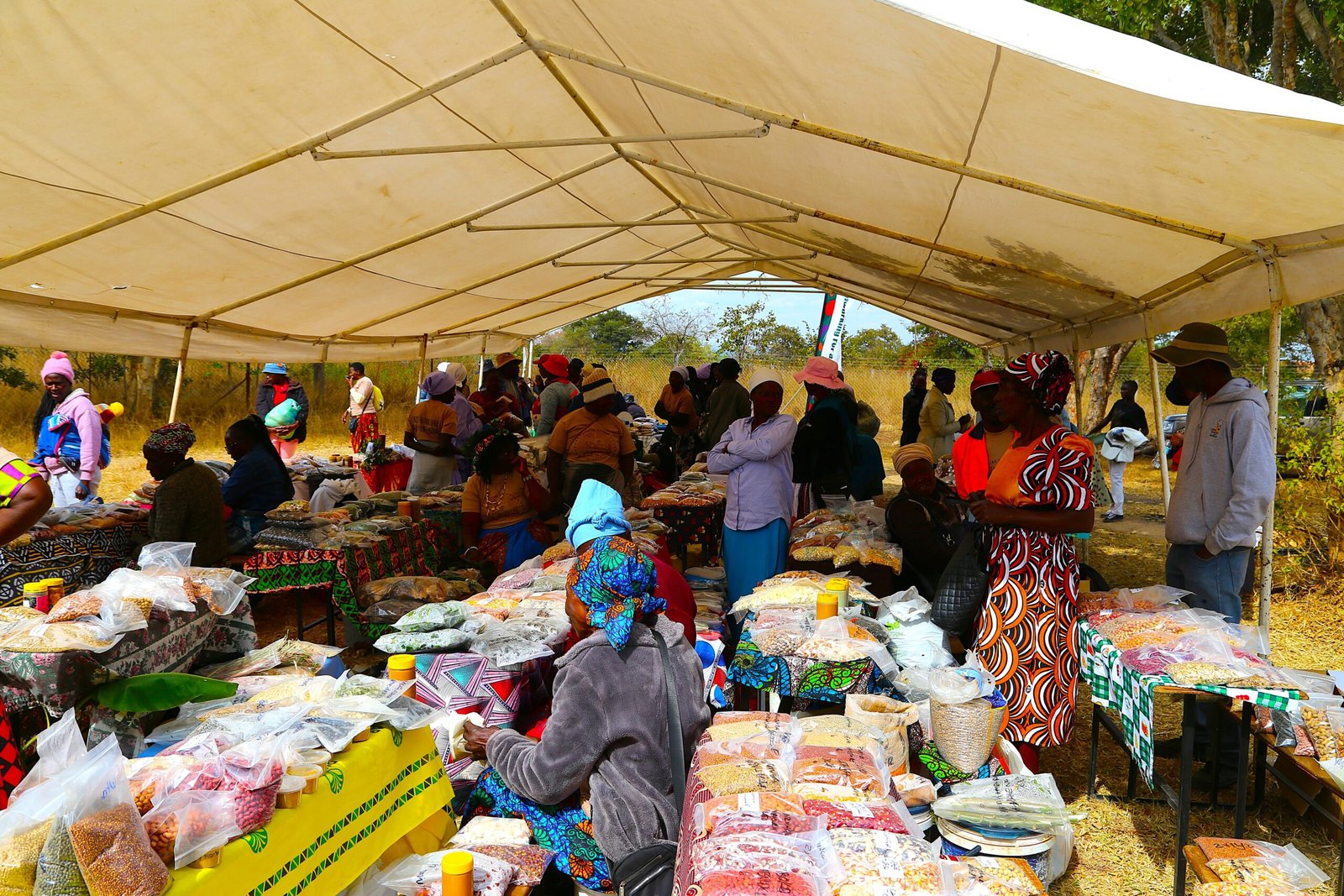Government says this week’s rains have come as a relief for farmers, providing much-needed moisture for late-planted crops, recharging groundwater supplies, and boosting crop yields across the country.
Lands, Agriculture, Fisheries, Water and Rural Development Permanent Secretary, Professor Obert Jiri has hailed the ongoing rainfall as “timely” for farmers who had delayed planting due to earlier dry spells.
“The 1,000 grain weight will now be even better, which means that the yield will be better based on our assessments conducted in the Crop, Livestock, and Fisheries Assessment (CLAFA 2) over the last few weeks. So, we expect these rains to assist in terms of yield consolidation.”
He confirmed that the showers are critical for sustaining crops and replenishing water tables, particularly in drought-prone regions.
“The rains that are coming are very good. They help us in many ways, including, of course, ensuring groundwater recharge, which we really need. For Mashonaland West, Mashonaland Central, and parts of Mashonaland East, we did not have 100% dam levels. This water is really critical to recharge our underground water. For the farmers, most of whom are really harvesting now, the rains are good. For the Mashonaland regions, this is particularly good because some of their crops, which were late planted, still required this water,” Prof Jiri said.
While the weather forecast indicates scattered showers may persist in some areas, with concerns about crops rotting in waterlogged fields, Prof Jiri reassured farmers that the current wet conditions do not yet pose an imminent threat to crops, provided there are periodic dry spells to balance the rainfall.
“Yes, there are fears of crops rotting in the field, particularly groundnuts and maize, but that really will not happen unless there is continuous rain. As long as we have sunbreaks, the fear of rotting is not present because evaporation occurs when the sun breaks happen.”
Prof Jiri urged farmers to avoid stacking harvested maize to prevent moisture buildup and potential spoilage, while reassuring growers that standing crops face minimal rot risks unless rains persist without sunny intervals.
“We encourage, of course, farmers not to stack their maize as they harvest so that moisture doesn’t accumulate. Farmers should take precautionary measures to avoid rotting of their produce. However, for the crops standing in the field, there is no fear at this stage unless, of course, the rains persist and are continuous without sunbreaks. As long as there are sunbreaks, we are likely to experience very little loss,” he added.
Agriculture expert and ARDA board chairperson, Mr. Ivan Craig said further rains remain critical to sustain pastures for livestock, recharge boreholes, and support irrigation for winter cropping season.
“Getting more rain is a blessing because we still need it. Remember, we require pastures for our livestock, flowing rivers, and elevated water tables for our boreholes and irrigation for our winter crops.”
Mr. Craig warns farmers that late-season rains threaten mature maize crops, as water seepage into upright cobs risks rot and yield losses. He urges farmers to adopt resilient maize varieties to minimize damage.
The Southern Africa Climate Outlook Forum (SARCOF) had predicted normal to above-normal rainfall for Zimbabwe from October 2024 to March 2025, driven by La Niña conditions.





